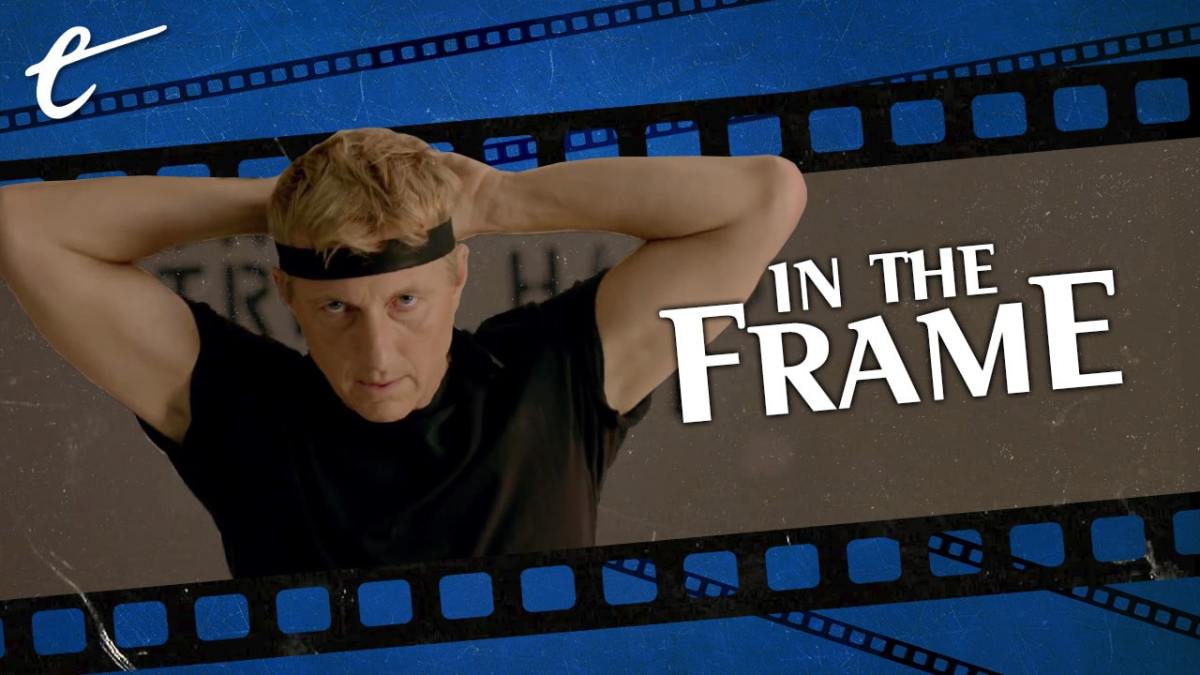Cobra Kai has been a massive success for Netflix, successfully unseating Bridgerton at the top of the streaming service’s internal “top 10.” Netflix greenlit a fourth season of the show before the third was even released. The series is a breakout hit.
Of course, Cobra Kai did not originate on Netflix. It launched on YouTube Red, which has since rebranded as YouTube Premium. Cobra Kai arrived on YouTube Red as part of a wave of scripted programming. However, Cobra Kai only truly found its audience once it arrived on Netflix, enjoying the much-documented “Netflix bump.” The logic of the “Netflix bump” is fairly straightforward: Netflix streams to 195.15 million homes, so being on Netflix opens up those households.
The “Netflix bump” has helped shows that struggled at their original homes, drawing larger audiences to niche projects. Vince Gilligan credits Netflix for the breakout success of Breaking Bad, which was actually produced for AMC. Even recently, critics were quick to argue that the success of Schitt’s Creek at this year’s Emmy Awards was in part due to the availability of the show on Netflix. Even the first two seasons of Cobra Kai benefited from being made available on Netflix.
Netflix understands the appeal of this approach. The company has a history of snatching up and reviving television shows that performed well on the service. Vince Gilligan’s spin-off Breaking Bad movie, El Camino, went straight to Netflix. The Lifetime television series You was ignored on television but broke out on Netflix, so the streamer picked up the second (and subsequent) seasons. There are plenty of other examples, from the revival of Fuller House to recent seasons of Lucifer.

To be fair, this is just how film and television production works now. Projects tied to existing intellectual property are easier to sell, even for low-budget horror studios like Blumhouse. More than that, Netflix has a model that is perfectly calibrated to identify existing audience appetites and produce content that matches. The company’s analytics are notoriously detailed and are so good at judging an audience’s taste that they will even swap thumbnails to inspire individual users to click.
Outside of reviving existing shows that performed well on the service, many of Netflix’s high-profile hits are based on existing IP. House of Cards, the company’s first big zeitgeisty hit, was an adaptation of a British television miniseries. The Crown is one of the service’s most expensive shows and is arguably an extended prequel (and eventual sequel) to writer Peter Morgan’s Oscar-winning The Queen. The company even launched its own small corner of the Marvel Cinematic Universe.
Even outside of projects directly tied to existing brands, Netflix’s model often pushes for elements to which it knows audiences will respond. Stranger Things is not based on any existing intellectual property, but it is a collection of recognizable 1980s nostalgia. The company’s purchase and release of the (terrible) teen horror movie The Open House so quickly after the breakout success of 13 Reasons Why suggests that the service was just looking for more Dylan Minnette content to provide to users.
However, this model is not sustainable. Netflix cannot simply keep buying up unseen gems, exposing them to a larger audience, and then reaping the benefits for itself. Indeed, this strategy demonstrates one of the key weaknesses of Netflix in the upcoming streaming wars: the extent to which the company is dependent on other providers for content that it can mine. After all, Netflix does not have a deep bench of intellectual property to support it, unlike Disney+ or HBO Max.

Netflix had the advantage of being the first true contestant in the streaming wars and building a large library of content from production houses with no real sense of the money in the market. Netflix could have become home to a wide variety of content under one roof and could then have used that content to create complex models of what its audience wanted. However, the content remained the draw. The departure of shows like Friends or The Office from Netflix is reported as news.
As the companies that used to provide Netflix with content begin consolidating their own libraries, they remove a vital part of the streaming service’s business model, bringing their content back under their own roof. Charlie Cox played Matt Murdock in Netflix’s Daredevil, but there are (somewhat dubious) reports he will reprise the role in Disney and Sony’s upcoming Spider-Man threequel. The West Wing was “buzzy” on Netflix, but HBO Max recently tapped into nostalgia for it by hosting a When We All Vote special.
These are just the high-profile examples from major providers tied to competitive streaming services. As the streaming wars heat up, there will inevitably be casualties, including smaller providers. To stick with Cobra Kai, YouTube announced in March 2019 that it was canceling its “Hollywood-quality” programming to shift towards cheaper reality television, effectively bowing out of the content arms race between streaming services like Disney+ and Netflix.
It isn’t just Netflix that could lose out. Parks and Recreation only survived initial broadcast on NBC because the company sold the streaming rights to Netflix. As Josef Adalian argues, moving shows like Parks and Rec from Netflix to smaller in-house streaming services will result in them “losing some pop-culture momentum.” Had Cobra Kai not been licensed out to Netflix, it would likely have been condemned to obscurity like YouTube Red’s other offerings, such as Single by 30 or Weird City.

Much of Netflix’s success comes from licensing other companies’ product. Netflix has tried to produce its own blockbusters like Bright or Project Power, but those often feel like imitations of larger-scale productions from other studios; they are certainly dwarfed by the arrival of films originally intended for theatrical release, like Wonder Woman 1984 or Mulan, on streaming. This will be a problem when a project’s path to streaming defaults to the studio’s internal streaming service.
Netflix is clearly trying to push back against this. In recent years, the service has begun aggressively courting talent, signing major (and expensive) deals with creators like David Fincher, Ryan Murphy and Shonda Rhimes. While it’s debatable whether Murphy’s work with the streamer counts among his best, Rhimes was responsible for shepherding the buzzy Bridgerton into production. The company is not particularly worried in the short term.
Still, the success of Cobra Kai on Netflix is emblematic of one of the ways in which Netflix established itself as a cultural force: finding relatively underseen cult product, providing it with a platform, turning it into a mainstream hit, and then taking that hit in-house. As the industry shifts, Netflix might be forced to move away from that model, as smaller companies stop producing content like that and larger companies stop selling it to outside services.
Much like its lead Johnny Lawrence (William Zabka), Cobra Kai got a second chance with a now-familiar model. That arrangement worked for everybody, for a while. However, things are heating up. The streaming wars may yet hew closer to the philosophy of John Kreese (Martin Kove), promising “no mercy” to those caught in the crossfire.





